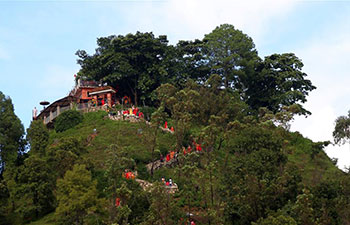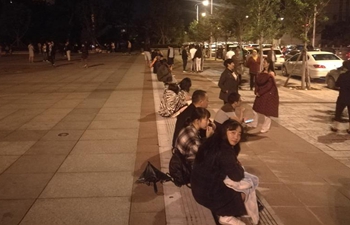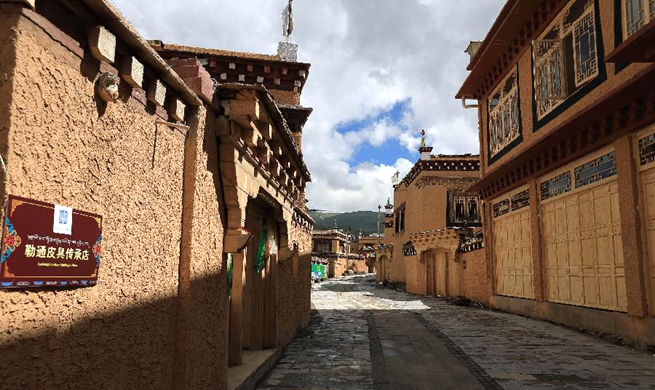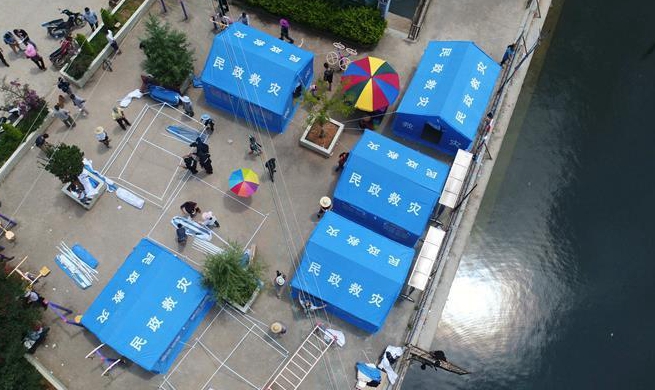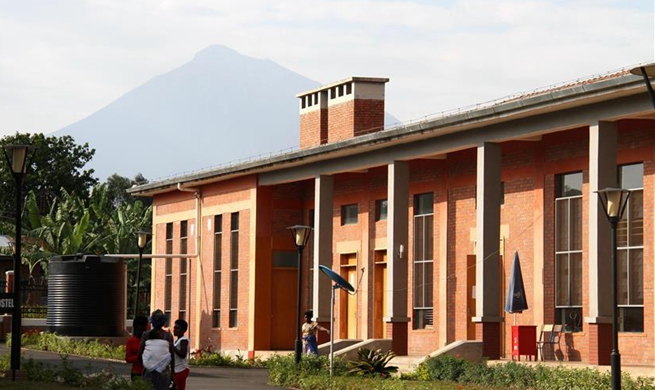GENEVA, Aug. 13 (Xinhua) -- A Chinese expert from the Uygur ethnic group on Monday stressed here that without stability in his hometown of the Xinjiang Uygur Autonomous Region, nothing can be achieved there.
Dr. Kaiser Abdukerim, a member of the Chinese delegation and president of Xinjiang Medical University, told the UN Committee on the Elimination of Racial Discrimination (CERD) that he has realized that without solidarity among all ethnic groups, there would be no social stability in Xinjiang in western China.
In recent years, he said, Xinjiang has enjoyed peace and stability, sustained rapid economic development and social progress, and the happiness index of the people there keeps increasing.
"As a result, in 2017, tourists to Xinjiang totaled over 107 million, 32.4 percent higher than that in 2016, and some parts of Kashgar region in southern Xinjiang grew by nearly 70 percent," he said during a dialogue with the CERD, which reviewed the situation in China at its 96th session on Monday.
As a professional in medical education, he said he was especially impressed by such figures that from 1949 to 2017, the population mortality rate in Xinjiang decreased from 20.82 to 4.26 per thousand, and the maternal mortality rate dropped from 1,200 to 31.74 per 100,000 people.
Citing official figures, the expert said that during the same period, the infant mortality rate in Xinjiang dropped from 400 to 14.95 per thousand, while the average life expectancy grew from 30 to 72.35 years.
From 1978 to 2017, he said, the number of Xinjiang people living under poverty line decreased from 5.32 million to 1.43 million, adding that the Chinese government's goal is to achieve total poverty alleviation by 2020.
"Today's Xinjiang enjoys social security, its people live and work in peace and contentment, its economic development is flourishing, all ethnic groups enjoy heart-to-heart solidarity, and the human rights of people of all ethnic groups are fully guaranteed," said the Uygur expert.






